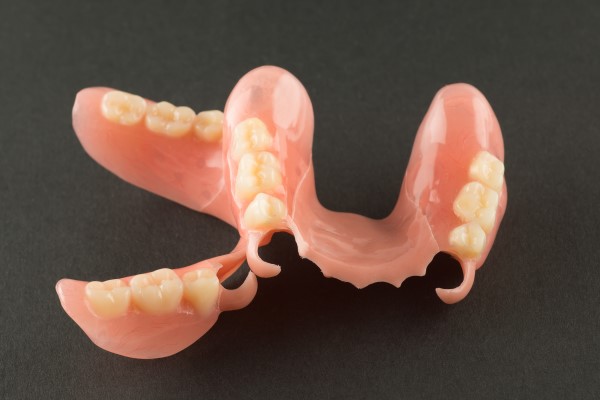How a Dental Sealant Protects Teeth from Cavities

Thinking about getting dental sealant treatment? Dental sealants are a vital tool for preventing cavities or tooth decay. Tooth decay is a prevalent condition among children and teenagers, and when unchecked, it can lead to other serious oral issues such as premature tooth loss and gum disease. In combination with other preventive care measures such as excellent home oral care routine and biannual dental checkups, dental sealants can improve the tooth’s defenses against tooth decay and keep the mouth healthy.
How dental sealants protect the teeth
Generally, dental sealants are meant to protect the molars from bacteria and food debris, which form plaque on the teeth. The molars and premolars at the back of the mouth have pits and fissures that trap food and are often harder to clean. Therefore, most cases of tooth decay occur on the molars. The decay-causing bacteria hide in the grooves of the chewing surfaces of those teeth. Due to their location in the mouth, it can be hard to brush the teeth properly using a regular toothbrush.
If a dentist examines the child's mouth and finds them to be highly susceptible to tooth decay, they may decide to apply a dental sealant over the teeth. The sealant becomes a barrier, stopping food particles and bacteria from collecting over the tooth enamel. Dental sealants do not improve oral health directly and are not designed to substitute other preventive treatments such as fluoride application and general oral care. Usually, sealants are a comfortable, inexpensive, and aesthetically pleasing way to protect the teeth from needing dental fillings.
Applying dental sealants
Dental sealants are made from a liquid plastic material that hardens over the teeth. First, the dentist will carefully clean and prepare the molars. With a brush, they will paint the sealant over the targeted teeth. The sealant is usually tooth-colored, so it does not stand out after application.
After the sealant is applied uniformly over the teeth and to the dentist’s satisfaction, it may be either left to harden on its own or exposed to a unique curing light, depending on the type of sealant used. The light hardens the sealant over the teeth to achieve a clear layer of hard, thin, resilient, and protective barrier. The application of dental sealants is completed within one dental appointment and is completely painless.
When to apply the sealant
Sealants are typically first applied as soon as the primary molars erupt. Depending on the child’s oral care habits, the sealant may survive the entire lifetime of the primary teeth or require multiple replacements. The durability of sealants mostly depends on the oral habits of the patient.
The dentist will suggest applying a sealant over the permanent molars immediately after they erupt. That way, the teeth will be protected before there is a case of tooth decay. It is inadvisable to apply sealants over a tooth that has had a dental filling.
Do you need dental sealants?
Dental sealants prevent bacteria and food particles from gathering on the chewing surfaces of the teeth, thereby preventing the occurrence of tooth decay. The dentist will check the condition of the sealant and reapply if it starts to deteriorate. If you have additional questions about the procedure, contact our office for an appointment.
Request an appointment here: https://www.providencefamilydentistry.com or call Providence Family Dentistry at (678) 496-7021 for an appointment in our Mableton office.
Check out what others are saying about our dental services on Yelp: Dental Sealants in Mableton, GA.
Recent Posts
Are you thinking about getting dental sealants? While this preventive dental treatment is commonly used on children's teeth to prevent the formation of cavities, it can also protect adults' teeth. According to WebMD, dental sealant is a thin plastic coating painted on the chewing surfaces of teeth, usually the back teeth, to prevent tooth decay.Understanding…
Dental sealants are an effective preventive treatment against tooth decay that are commonly associated with children and young adults. But what about adults? Continue reading to learn about dental sealants for adults and the purpose the treatment serves.Tooth decay and gum disease are the major causes of tooth loss in adults. The two conditions are…
Dental sealants provide a simple but effective preventive solution to the issue of tooth cavities developing on chewing surfaces of the back teeth. The back molars have pits and fissures for chewing, but they tend to trap food debris, and the bacteria they harbor are often hard to clean, despite regular brushing. Applying dental sealants…
Dental sealants are an excellent preventive treatment to protect the teeth against decay. The dentist will recommend the treatment if patient is particularly prone to cavities or if the child is still learning to take care of their teeth. This article covers the functions of dental sealants as a preventative treatment.Dental sealants are plastic-like coating…


